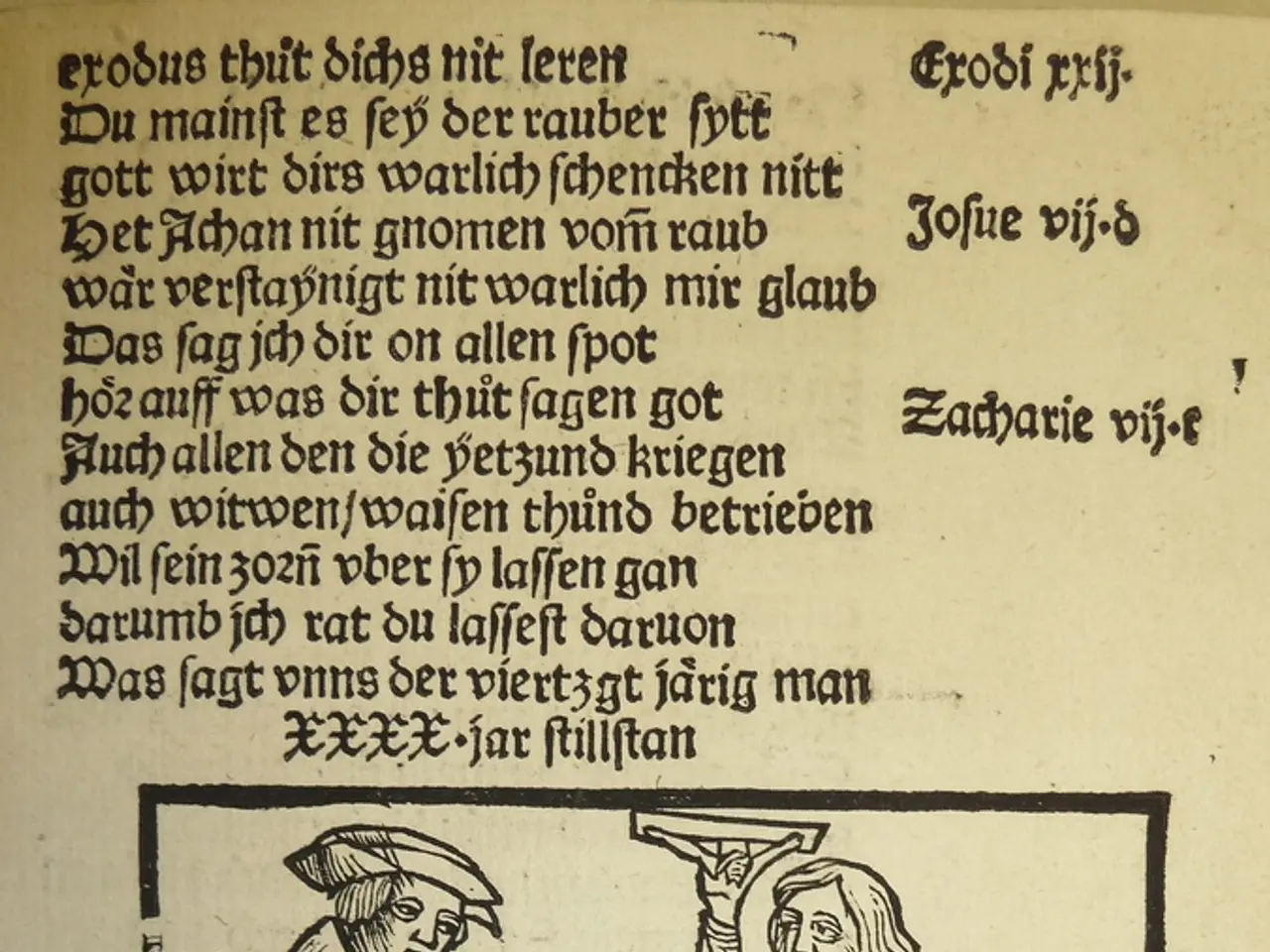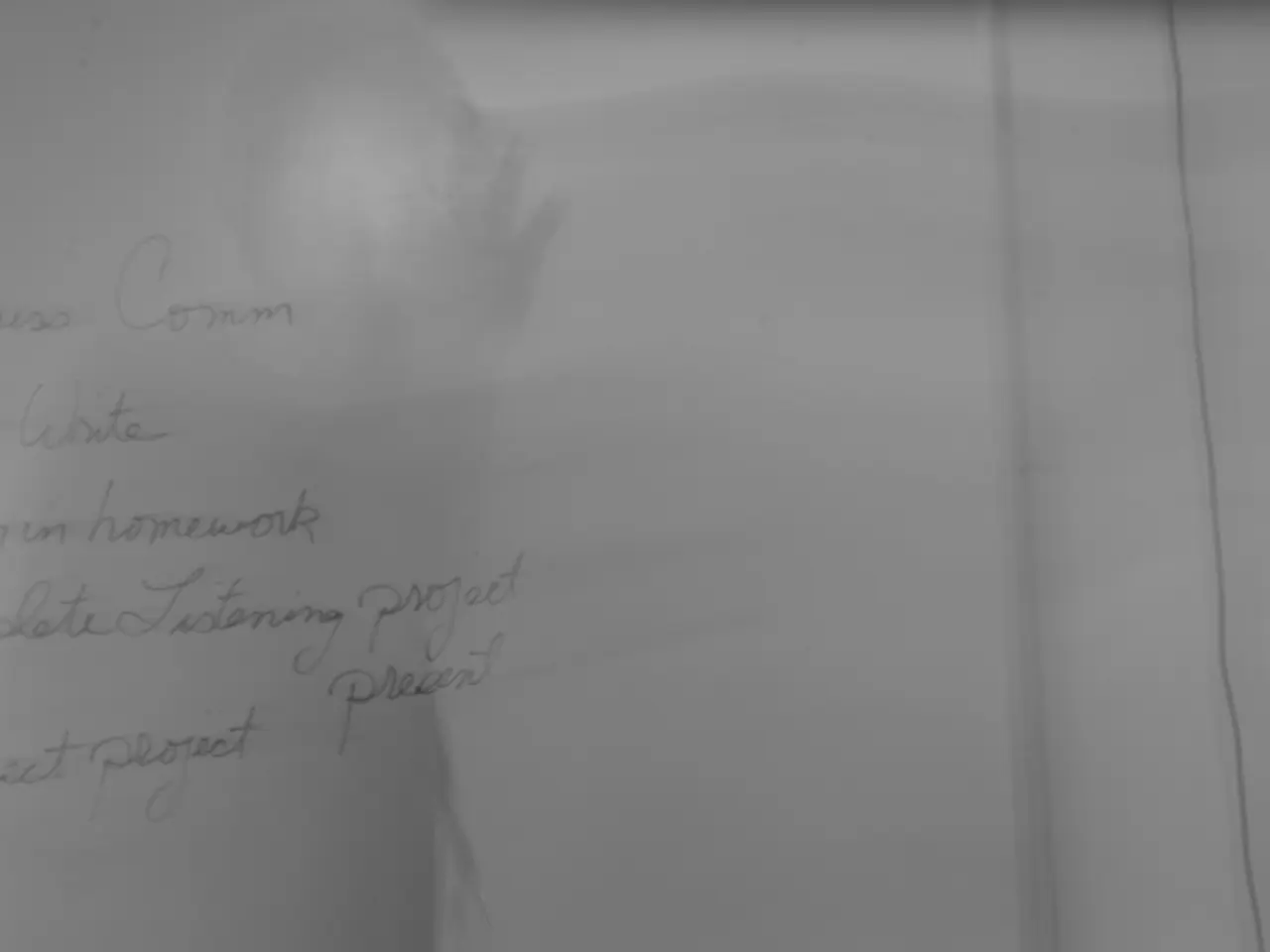Ministry's cultural official prohibits use of gender-neutral terms in formal communications. - Government official reprimands use of gender-specific terminology in official correspondence within the department of Culture.
In a move that has sparked debate, the German Culture Minister, Wolfram Weimer, has announced a ban on gender-specific language in official correspondence within his department. This decision affects approximately 470 employees who are distributed between Berlin and Bonn.
Weimer, who is responsible for federal cultural and media policy, believes that gendering further "deepens the division of our society." He asserts that the ban does not reflect how the majority of people in Germany speak, emphasizing adherence to the "rules of the German language" as set by the Council for German Orthography.
The Council's guidelines enforce the use of traditional German grammatical standards, which means avoiding gender-inclusive language forms such as asterisks (*) or internal capitalization intended to explicitly include all gender identities. Instead, standard salutations like "Sehr geehrte Damen und Herren" ("Dear Madam, dear Sir") are used, reflecting the conventional binary grammatical gender system of German.
Minister Weimer justifies this policy by stating that gender-inclusive language does not reflect the way most people in Germany speak and that it deepens societal divisions. He allows private use of inclusive forms, but insists on maintaining the traditional grammatical structures in official correspondence within his department.
It is important to note that no detailed written rule from the Council explicitly forbidding gender-inclusive language was found. However, Minister Weimer clearly references following these standard orthographic rules in his directive against gendered forms in official correspondence.
This decision by Minister Weimer maintains the classical framework of the German language with its three grammatical genders (masculine, feminine, and neuter) without adopting the newer gender-neutral or gender-inclusive forms promoted by some advocates. The Council for German Orthography’s standards, backed by Minister Weimer’s directive, reject modifications aimed at gender inclusivity such as gender asterisks or capitalized internal letters.
This development in German language policy is likely to continue generating discussion and debate, as it represents a significant departure from the trend towards gender-neutral language that has been gaining momentum in many parts of the world.
The Commission has also been consulted on this potential departure from the trend towards gender-neutral language, given the draft directive on the protection of workers from the risks related to exposure to carcinogens falls under the ambit of policy-and-legislation and politics. The new policy on gender-specific language in German official correspondence, particularly in the cultural and media sector, has stirred general-news discussions about societal divisions and language inclusivity.








